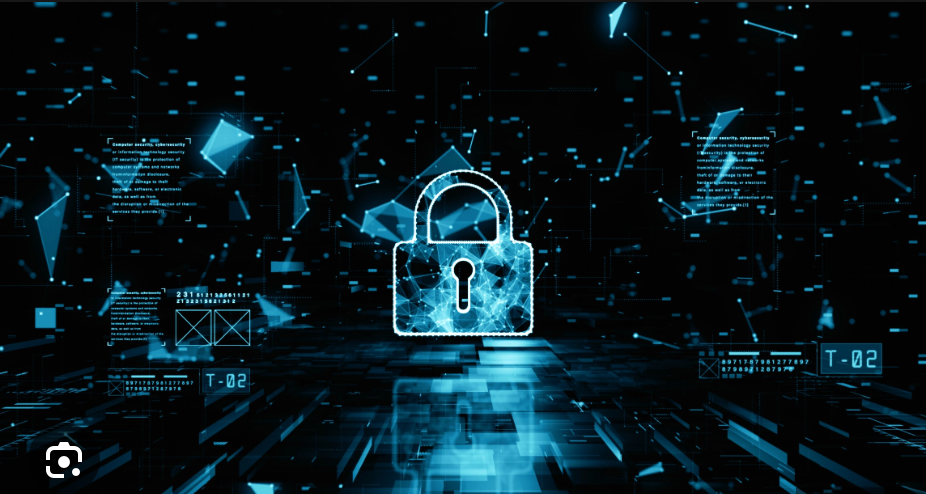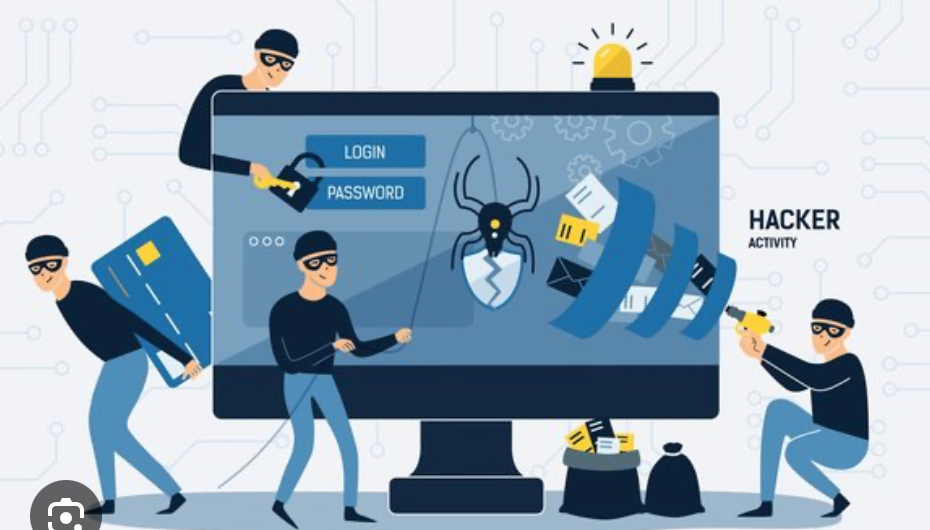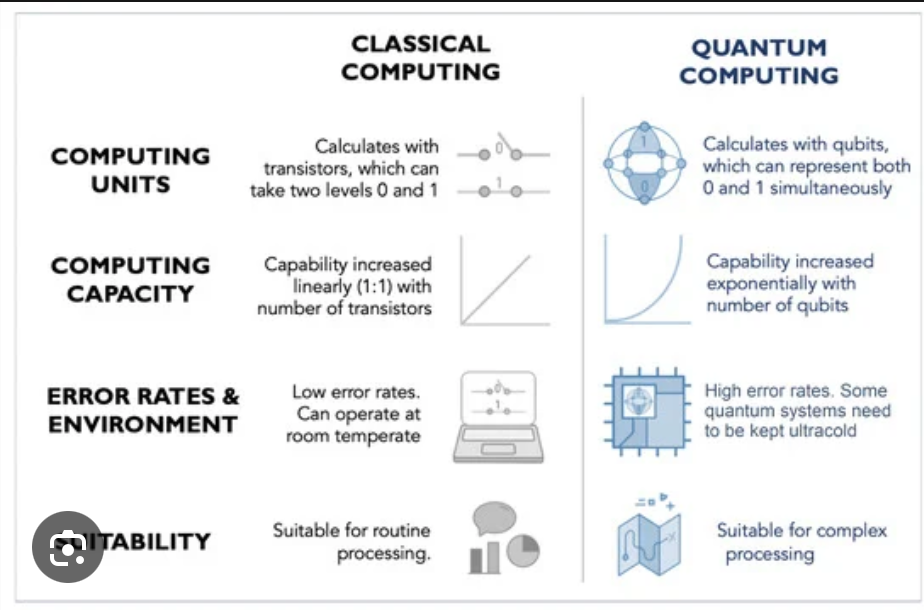June 9, 2023
(QUANTUM COMPUTING AND CYBERSECURITY)
June 9, 2023
Hello everybody.
Do you have security on your laptop? Do you ever worry about your information being stolen?
Encryption on our computers keeps our information safe for now. However, the impact of
quantum computing on cybersecurity is game-changing.
Quantum computing holds great promise in many areas, such as medical research, artificial intelligence, weather forecasting, etc. But it also poses a significant threat to cybersecurity, to the extent that it will require a change in how we encrypt our data. Even though quantum computers don’t technically have the power to break most of our current forms of encryption yet, we need to stay ahead of the threat and come up with quantum-proof solutions now. If we wait until those powerful quantum computers start breaking our encryption, it will be too late.
Security of our information is paramount. The only way to ensure the security of information, particularly information that needs to remain secure well into the future, is to safeguard it now with quantum-safe key delivery.
The potential of quantum computing is far beyond the average person’s imagination. Quantum computers will be able to solve problems that are far too complex for classical computers to figure out. I mean, can the average person figure out the computers we have now?
Quantum computers (QC) will be able to solve the algorithms behind encryption keys that protect our data and the internet’s infrastructure. That really sounds scary and very futuristic. So, will anything be safe online?
Today’s encryption is based on mathematical formulas that would take today’s computers an impractically long time to decode. To simply do this, think of two large numbers, for example, and multiply them together, it’s easy to come up with the product, but much harder to start with the large number and factor it into its two prime numbers. A quantum computer, however, can easily factor those numbers and break the code.
Today’s RSA encryption, a widely used form of encryption, particularly for sending sensitive data over the internet, is based on 2048-bit numbers. Experts estimate that a quantum computer would need to be as large as 70 million qubits to break that encryption. Considering the largest quantum computer today is IBM’s 53-qubit quantum computer, it could be a long time before we’re breaking that encryption.
As the pace of quantum research continues to accelerate, though, the development of such a computer within the next 3-5 years cannot be discounted. For instance, earlier this year, Google and KTH Royal Institute of Technology in Sweden reportedly found “a more efficient way for quantum computers to perform the code-breaking calculations, reducing the resources they require by orders of magnitude.” Their work, highlighted in the MIT Technology Review, showed that a 20 million-qubit computer could break a 2048-bit number – in a mere 8 hours. What that shows, is that continued breakthroughs like this will keep pushing the timeline up.
The greatest risk is the vulnerability of information that needs to retain its secrecy well into the future, such as national security-level data, banking data, privacy act data, etc. Those are the kind of secrets that really need to be protected with quantum-proof encryption now, particularly in the face of corrupt individuals/groups, who are stealing it while they wait for a quantum computer that can break the encryption.
Researchers have been working hard in the last several years to develop “quantum-safe” encryption. One thing is for certain, however, when it comes to the impact of quantum computing on cybersecurity, it will pose a threat to cybersecurity and our current forms of encryption. To mitigate the threat, we need to change how we keep our data secure and start doing it now. We need to approach the quantum threat as we do other security vulnerabilities: by using defence-in-depth approach, one characterised by multiple layers of quantum-safe protection. Security organisations focused on the future understand this need for crypto agility and are seeking crypto-diverse solutions like those offered by QantumXchange to make their encryption quantum-safe now, and quantum-ready for tomorrow’s threats.
We can’t afford to let our guard down in this critical area. The good actors need to outpace the bad actors in this space and make sure our security measures are impenetrable.
Wishing you all a great weekend.
Cheers,
Jacquie
Quantum computing and cybersecurity
White House launches plan to safeguard US infrastructure against quantum computing.
Hacking activity – we need to outsmart the bad actors first.
Difference between Classical computing and Quantum Computing
The mystery of quantum computers.







